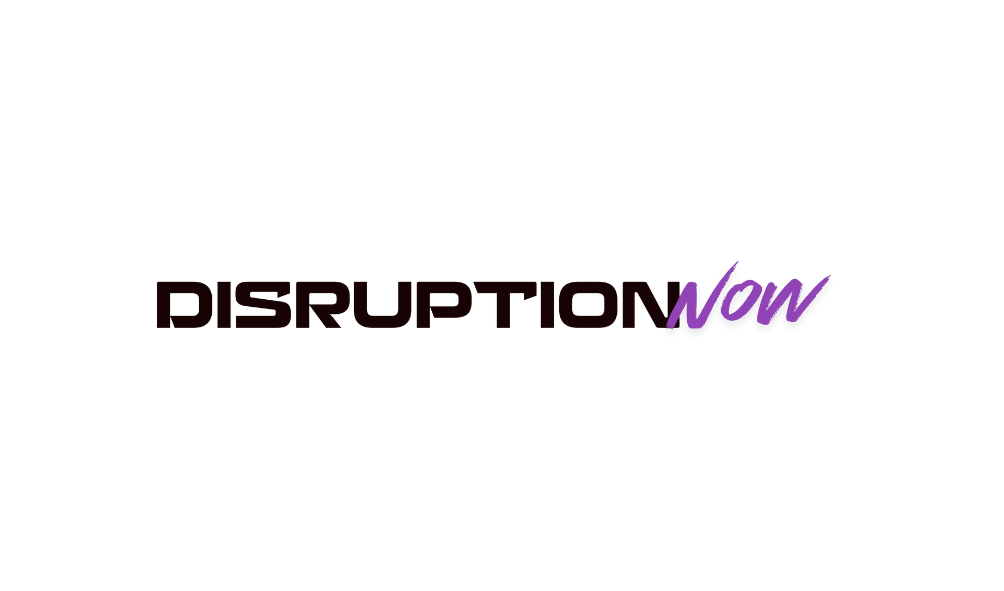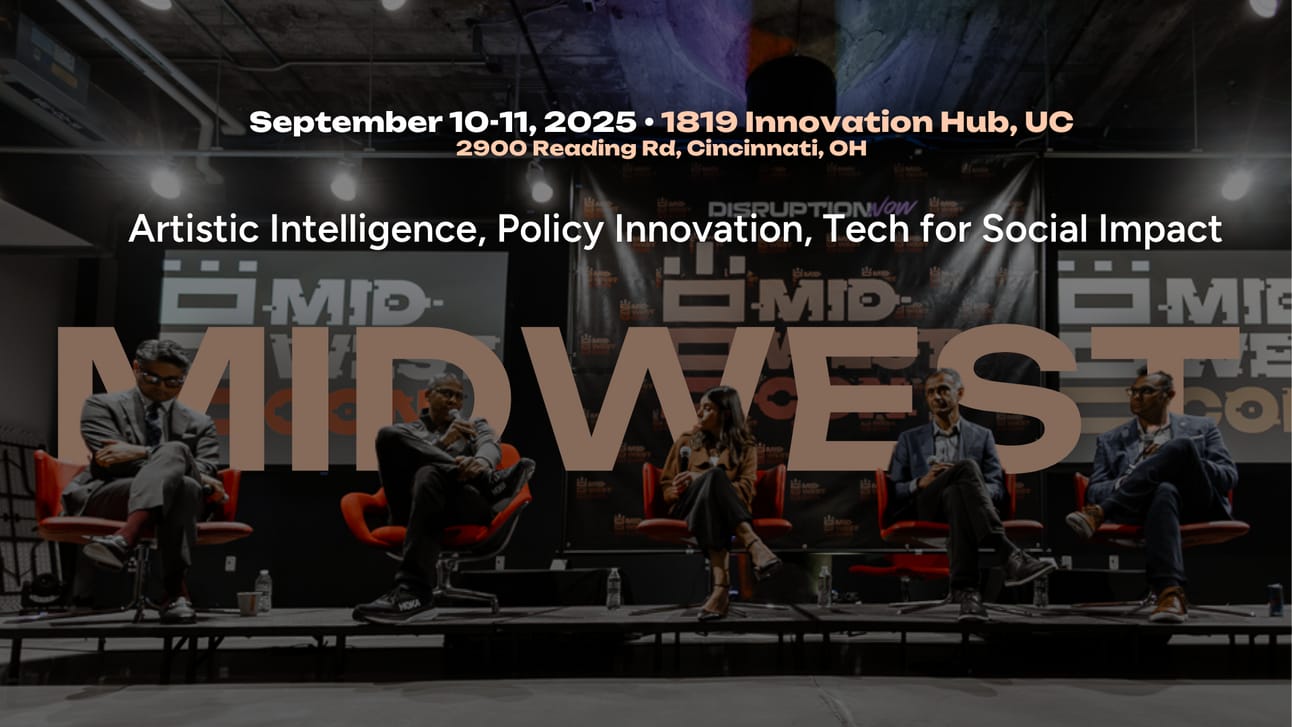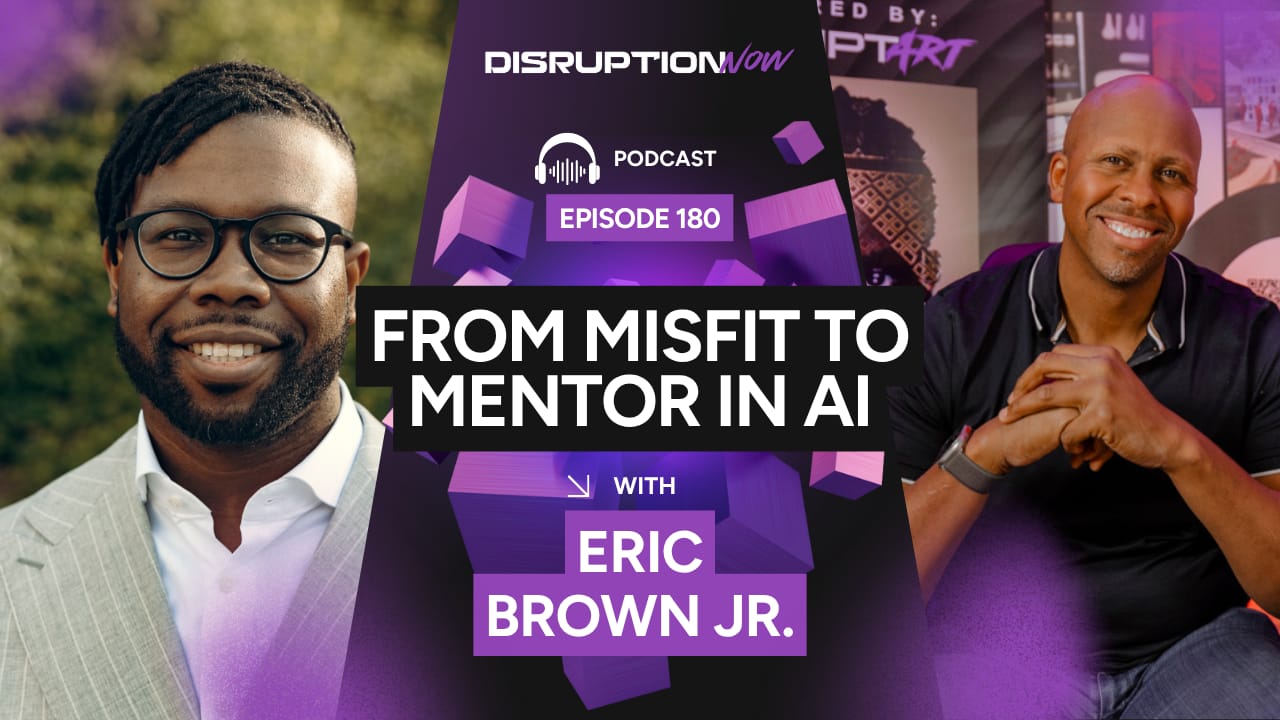- Disruption Now's Newsletter
- Posts
- The Real Question About AI and Jobs
The Real Question About AI and Jobs

Table of Contents
The Real Question About AI and Jobs
Predicting the future of work is like trying to forecast the weather by staring at a single raindrop. It misses the system entirely.
Right now, there are two loud narratives in the air: “AI is going to take all the jobs” and “AI will create amazing new jobs.” But both are missing the point. This isn’t about what’s coming — it’s about realizing what’s already here.
We don’t need to prepare for change. We need to accept that we’re already deep inside it. The shift has already happened. And most of our advice—whether in schools, boardrooms, or on LinkedIn—is still answering the wrong question: How do I look like I’m working? instead of What does real work look like in 2025 and beyond?
Let’s take that apart.
📊 4 Overlooked Skills That Actually Matter Now
1️⃣🧠 Systems Thinking, Not Just Coding
Most educational systems still reward people for memorizing facts or executing isolated technical tasks. But the real world doesn't work in isolation—it's made up of systems: overlapping, interconnected, messy systems. Whether you're designing software, building a business, or navigating social change, you need to understand how inputs ripple into unexpected outputs. Systems thinking means teaching students and workers to zoom out, spot patterns, and model how things behave—not just how they’re built. It's about asking, “What happens next if I change this variable?” or “What assumptions is this built on, and are they still valid?” Schools should encourage students to visually diagram complexity, debate cause and effect, and test ideas in environments where real-world messiness is expected. In short: stop teaching only how to build a tool, and start teaching how the tool fits into a larger, shifting system. This is the kind of literacy we’ll need in every field, not just engineering.
2️⃣ 🎯 Solve the Right Problem, Not Just Any Problem
Too often, we celebrate people who rush to solutions—but not those who ask better questions. The truth is, most failures in business and leadership come from solving the wrong problem well. If we don’t train students and professionals to identify root causes, challenge assumptions, and slow down before “fixing” something, we’ll keep spinning our wheels. In design, this is called problem framing—and it's arguably more important than prototyping. Problem solvers without this skill often spend years iterating on a clever solution no one needs. Instead, we should train people to ask, “Whose problem is this, really?” and “What evidence do we have that this problem is worth solving?” Knowing how to reverse-engineer a problem is as critical as knowing how to ship a product. Future professionals must become problem discoverers before they become problem solvers.
3️⃣ 📚 Learn to Learn, Then Learn With AI
There’s a growing illusion that we’ve “outsourced learning” because AI can answer questions instantly. But retrieval isn’t the same as understanding—and convenience isn't the same as mastery. We need to teach people how to sustain curiosity, struggle productively with new ideas, and retain concepts long enough actually to build on them. This is what real learning looks like: effort, friction, integration. Now add AI to the equation. The best learners won’t just use AI to find information—they’ll use it to refine their thinking, pressure-test their arguments, and push into new creative territory. This blended process—where human questions meet machine assistance—demands a new kind of literacy we call Artistic Intelligence. It’s the ability to co-create with intelligent systems, without outsourcing your critical mind. You don’t just learn from AI. You know with it.
4️⃣ 🧭 Build Discernment, Not Just Knowledge
We are no longer starved for information. We are starved for judgment—the ability to know what matters, what to ignore, and how to move forward with imperfect data. Discernment is what separates someone who knows a lot from someone you want to follow. In a world filled with content, trends, and data visualizations, the winners will be those who can simplify complexity without dumbing it down. That means being able to sense when something’s off, when a number doesn’t make sense, when a source can’t be trusted. It also means building the emotional and intellectual discipline to pause before reacting—especially when AI-generated noise is constant. Schools and companies should invest in helping people develop mental filters and frameworks, rather than just memorization. The future belongs to those who can curate what they pay attention to and apply it with clarity and purpose.
📖 Further Reading & Resources
World Economic Forum – The Future of Jobs Report 2025: Overview of skills expected to grow in demand and those that will decline as AI reshapes labor.
MIT Sloan – How continuous learning keeps leaders relevant in the age of AI: Explains why learning to learn is a defining leadership trait.
Forbes – Why Lifelong Learning Is Even More Important In The AI Era: Explores how foundational skills are evolving alongside tech.
Business Insider – 2 Underrated Engineering Skills in the AI Era: Cisco's CPO outlines the quiet skills that are defining top performers.
🟥 My Disruptive Take
We’ve entered an era where your ability to appear competent is no longer enough. What matters is whether you are real—present, curious, and capable of solving complex problems in real time.
Google recently moved some interviews back on-site after spotting candidates using AI in remote technical rounds. The tell? Candidates suddenly spoke in clean paragraphs of flawless technical language. As one engineer said on Reddit, “We spent a decade moving everything remote. Now we’re back at whiteboards because we don’t know if we’re interviewing a human or a prompt stack.”
This will ripple out: hiring, consulting, teaching, even fundraising. As Kendrick Lamar said, “You can’t fake influence.”
The winners in this AI era won’t be the loudest or the slickest. They’ll be the ones solving complex problems at scale with high agency. That's the real flex in 2025.
🎟 Learn about MidwestCon 2025
MidwestCon 2025 is built around these exact questions: How do we scale with AI while staying human?
We’ve just released 100 Learning Passes for intimate workshops and live strategy sessions.
🎧 The Disruption Now Podcast
Want more real talk on tech, labor, and leadership?
Listen to new episodes of the Disruption Now Podcast featuring founders, thinkers, and technologists shaping what's next.
Keep Disrupting My Friends,
Rob, CEO of Disruption Now & Chief Curator of MidwestCon
Practical AI for Business Leaders
The AI Report is the #1 daily read for professionals who want to lead with AI, not get left behind.
You’ll get clear, jargon-free insights you can apply across your business—without needing to be technical.
400,000+ leaders are already subscribed.
👉 Join now and work smarter with AI.



